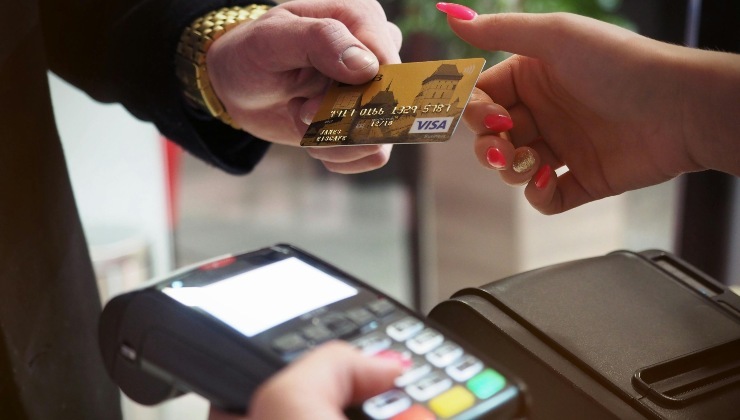"Can I pay with my debit card?" "No," the new decree has been confirmed: you must always have cash in your pocket.

Are electronic payments really at risk? More and more users are coming to terms with the limitations of digital technology.
In recent months, rumors have spread that credit cards would no longer be accepted in various contexts . This news has created doubts and uncertainties among consumers, especially at a time when digital payments seem increasingly central to everyday life. The reality, however, is less drastic than it might seem. Credit cards continue to be valid and widely used tools, but they are not infallible and, in some cases, can encounter practical difficulties.
In recent years, the payment system has changed radically. The traditional use of cash has been joined by increasingly faster and more intuitive electronic tools. Today , simply holding a contactless card or even a smartphone at the POS terminal is enough to complete a transaction. This has made life easier for millions of people, reducing the need to carry large sums of cash. However, technology also brings with it some small inconveniences.
While electronic payments are convenient, they're not without their challenges. A lack of internet connection, a malfunctioning POS terminal, or simply an update to the banking app can block the transaction. Even forgetting your PIN or expiring card can pose unexpected obstacles . In these cases, cash remains the only immediate solution, confirming that the coexistence of different payment methods is still necessary.
Rumors that credit cards are being "banned" or gradually phased out have no official confirmation. On the contrary, Italian and European regulations have long pushed for the increase in traceable payments , considered more secure and useful in the fight against tax evasion. What often fuels the confusion is the habit of some merchants to prefer cash, especially for very small amounts, in order to avoid bank fees.
The cash questionMany consumers continue to prefer cash, both for reasons of spending control and cultural tradition. It's not uncommon, especially in small businesses, to be required to pay minimum amounts in cash. However, Italian law does not require citizens to use only banknotes and coins. The only limit is the maximum limit for cash transactions, which is periodically updated by the authorities.
An interesting example concerns tobacconists and the world of games like Lotto and SuperEnalotto . According to the FAQs of the Customs and Monopolies Agency, payments can be made both in cash and by card, without any particular restrictions. However, some tobacconists prefer to avoid cards for practical reasons. In such cases, the customer can decide whether to persist, turn to other retailers, or opt for digital solutions such as online gaming accounts, which allow bets to be placed without visiting the point of sale.

From a regulatory perspective, there is no solid basis for systematically refusing card payments , unless there are technical reasons such as the lack of a POS terminal. Consumers therefore have the right to seek clarification and, in the event of improper behavior, to report the situation to the competent authorities. However, it is equally true that, in everyday life, people often choose the simplest option: paying in cash and completing the purchase quickly.
In conclusion, credit cards remain essential tools and are not destined to disappear. However, their coexistence with cash appears inevitable for several years to come. Consumer habits, costs for merchants, and potential technical difficulties make it difficult to imagine a fully digital payment system. The best solution, at least for now, is to maintain a balance between innovation and tradition, keeping both the card and a few banknotes on hand.
Sicilia News 24





